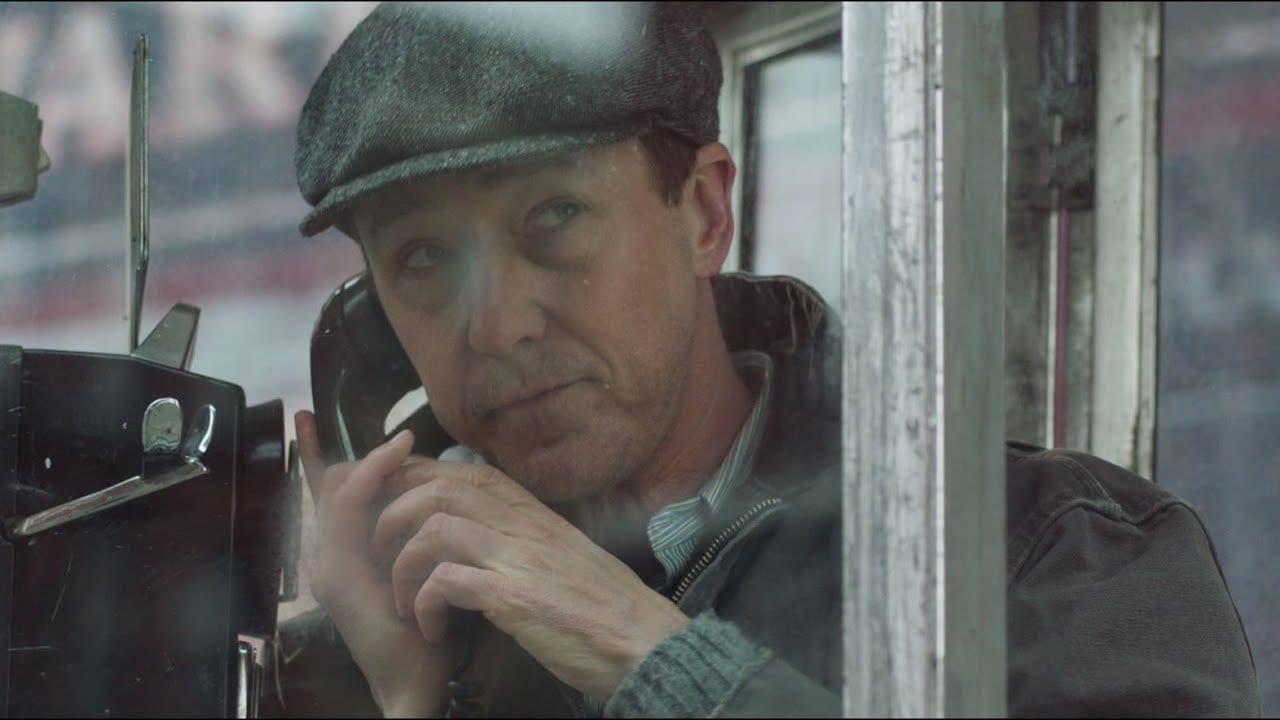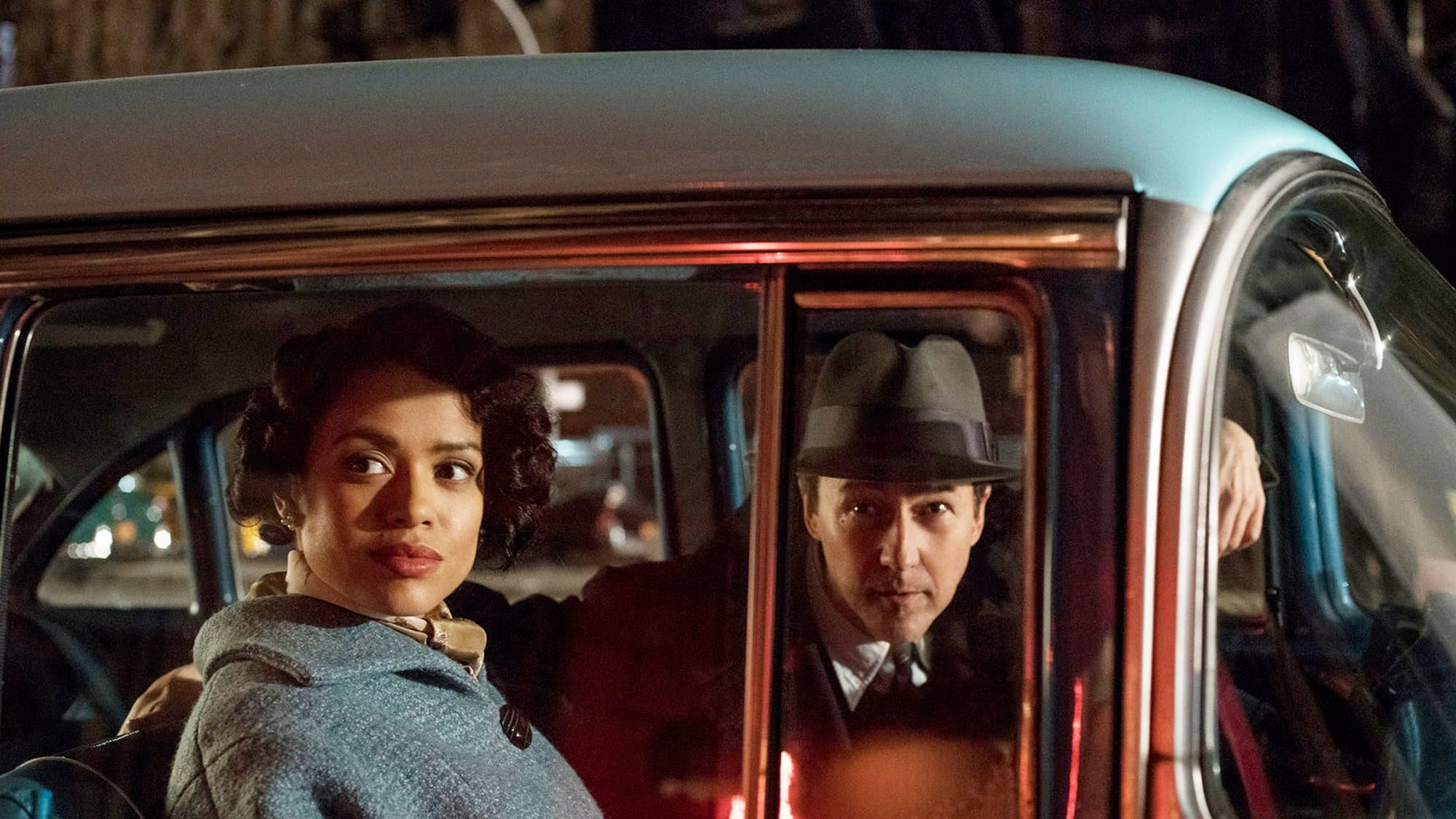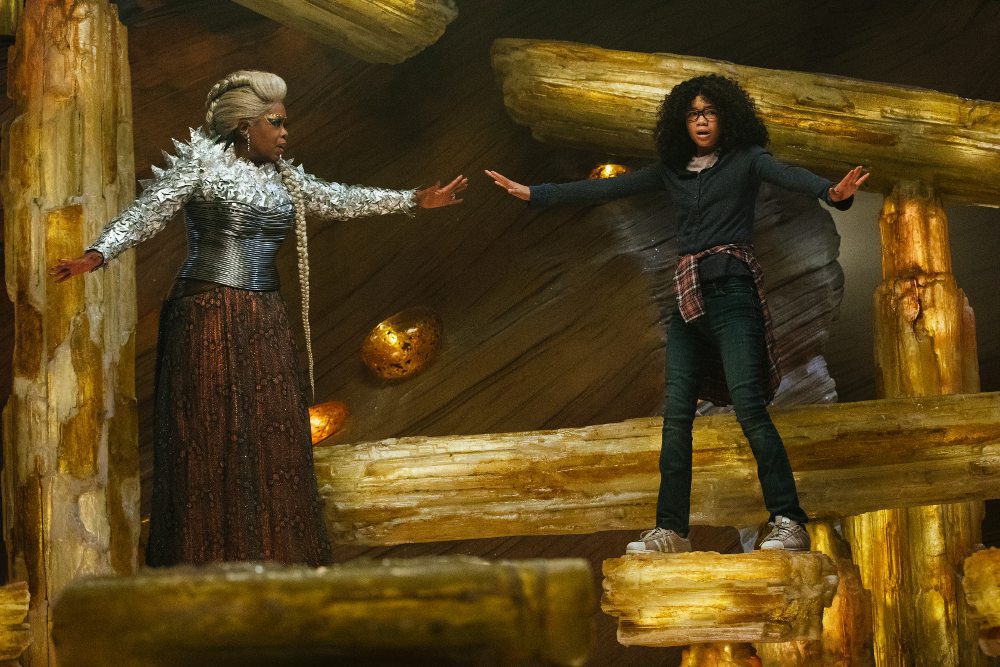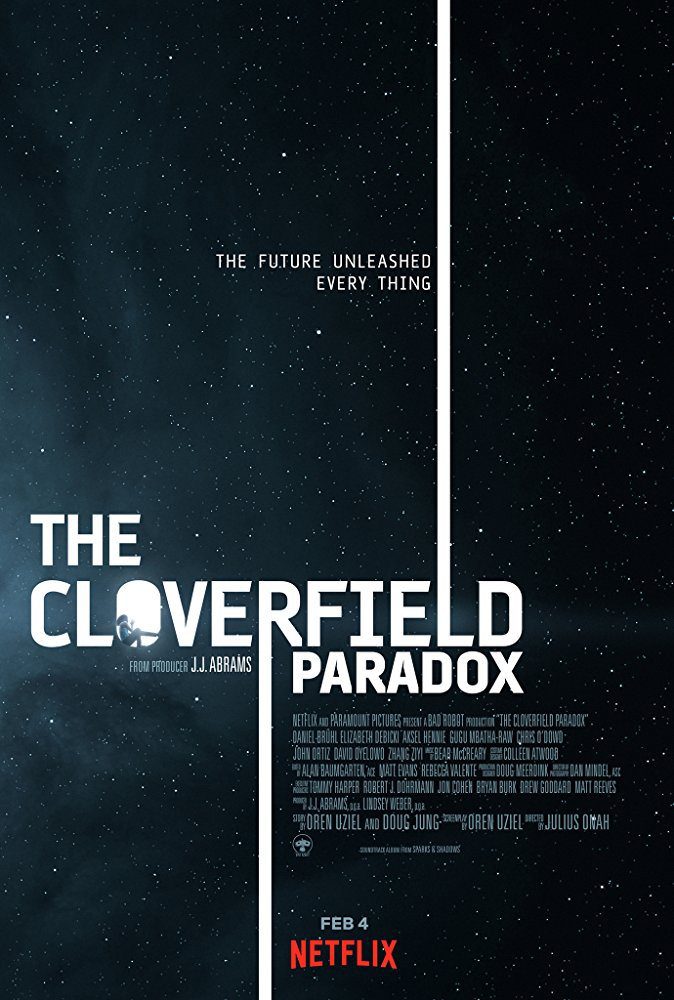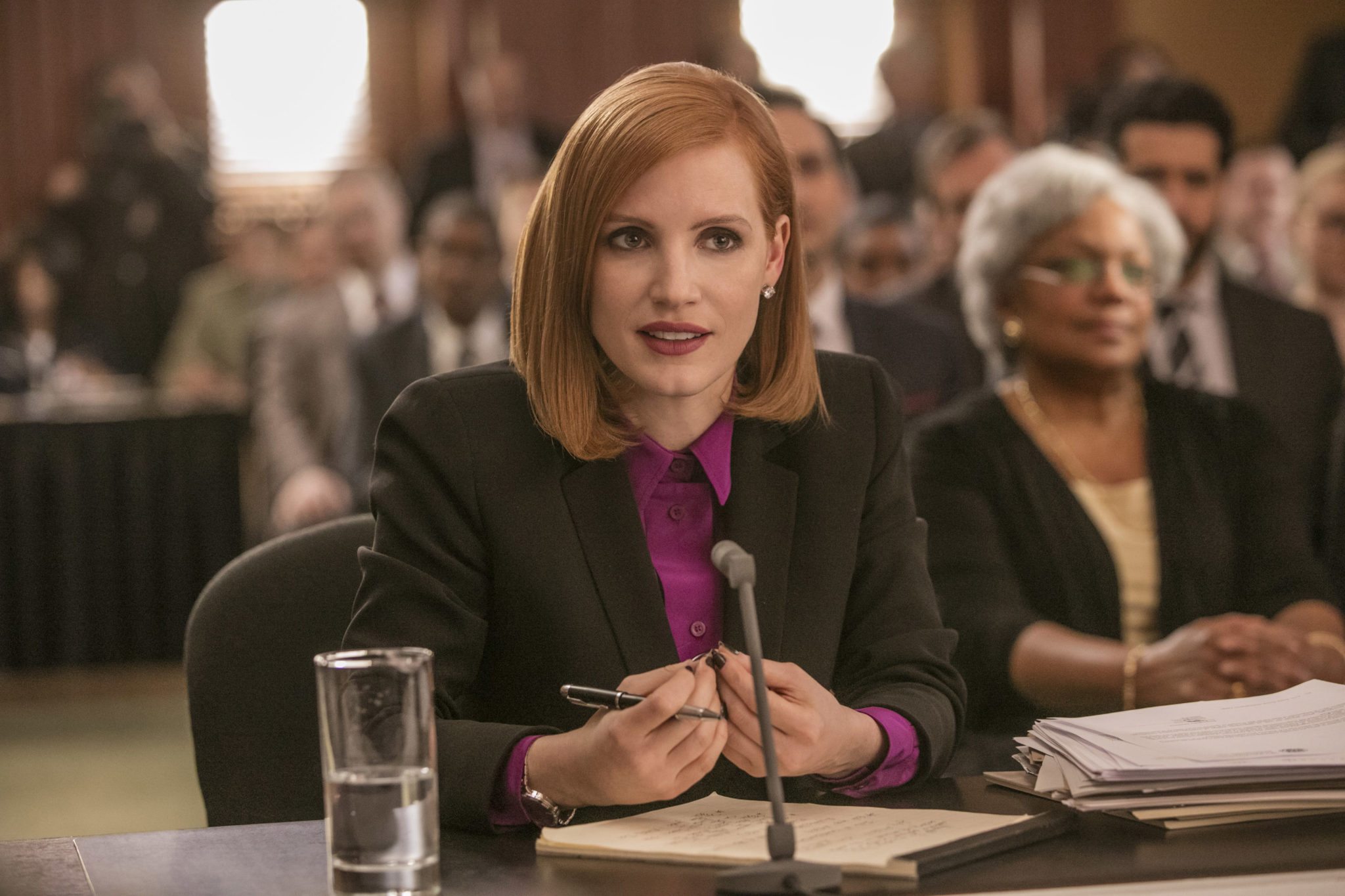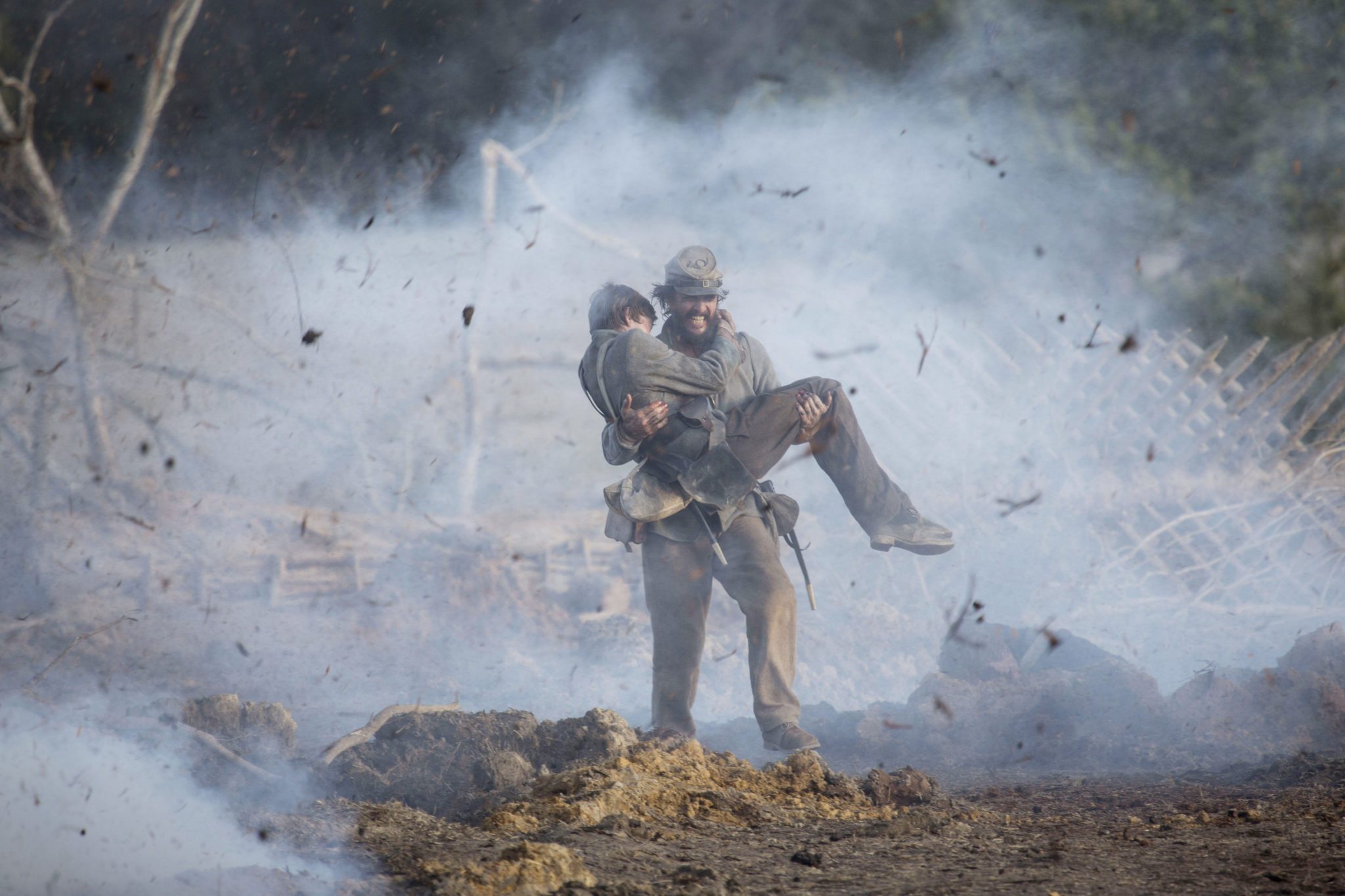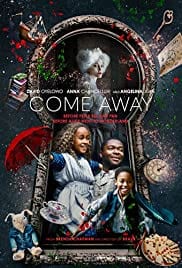
Come Away: The Paths to Freedom
Two stories, both beloved by generations. One of a girl who slips through the looking glass and finds herself in a magical world of singing flowers, a grinning cat, and a red queen. The other of the boy who wouldn?t grow up, and instead journeyed to the second star on the right and straight on…

